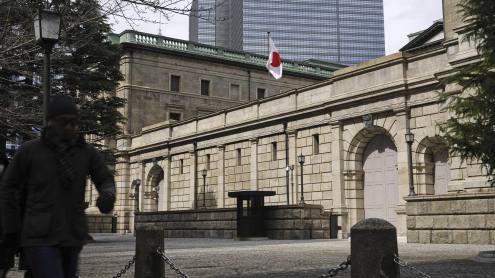Standard Chartered Bank, Joseph Silvanus, CEO
1. What makes your country attractive to investors?
The country is transitioning into a market-based economy, with the state determined to create an enabling environment by revitalising the private sector. Noteworthy developments include effective legislation on private investment, customs, banking and anti-money laundering laws being passed, and others such as corporate law reaching advanced draft form and simplified business licensing procedures through the Afghanistan Investment Support Agency. As an observer at the World Trade Organization (WTO) since December 2004, the country has leveraged its presence as the ‘bridge’ in central Asia, negotiating for preferential import duties and transit agreements or understandings with Pakistan, India, Iran and Uzbekistan.
The Afghan private sector is characterised by many small businesses in the agriculture, handicrafts, trade and construction sectors. With most investment focused in the services sector, the space occupied by the production sector is largely vacant. Industrial parks are mushrooming and are being customised to meet the needs of investors.
2. What are the economic prospects for your country over the next three to five years?
The basic building blocks for economic recovery are rule of law, security, property rights, a functioning infrastructure and an efficient financial system. Significant progress has been achieved in sectors such as security, health and education while others, such as power, justice and legal reform, have lagged behind. The influx of banks, both domestic and international, has transformed the commercial banking sector. The benefits of this are now expected to reach other cities as well as Kabul. The roll-out of customs and income tax laws is seen as a beneficial step in generating buoyant revenue streams and reducing dependence on donor-assisted grants.
After the successful parliamentary elections, we expect a stable government intent upon learning from its past experiences, pushing through structural reforms backed by an aggressive economic agenda capable of delivering above average gross domestic product (GDP) growth rates.
3. How do you foresee the financial sector in your country changing?
Much progress has been achieved in the area of monetary and fiscal policies especially after the introduction of the new Afghani. The central bank has led the way in promoting a stable regime. Over the past year, it has grown into an independent ministry, shedding its customer accounts and commercial banking activities, showing prudence in its monetary policy and maintaining supervisory control on the activities of commercial banks. Currency auctions, reserve requirements and capital notes bid process have led to reduced volatility of the Afghani and an increase in its circulation. Introduction of reserve requirements at 8% of deferred tax liabilities (held in Afghani) is seen as a monetary control measure but, because most banks are unable to meet this benchmark and the economy is primarily US dollar-denominated, we expect the reserve requirement to be reduced to realistic levels.
There are more than 13 banks now operating in this geography, giving stimulus to the growth in trade finance and credit to the growing small and medium-sized enterprise (SME) and microfinance sectors.
4. What role will your bank play in your country’s future development?
Standard Chartered is uniquely placed to assist with ensuring the efficient flow of donor assistance and aid funding, and helping to further economic and national rebuilding efforts.
Our business plans include deepening the range of trade finance products as well as expanding our footprint into the provinces. We are launching a range of superior products, such as I-banking, international debit cards and ePoS terminals, soon.











